SUMMARY
This is AI generated summarization, which may have errors. For context, always refer to the full article.
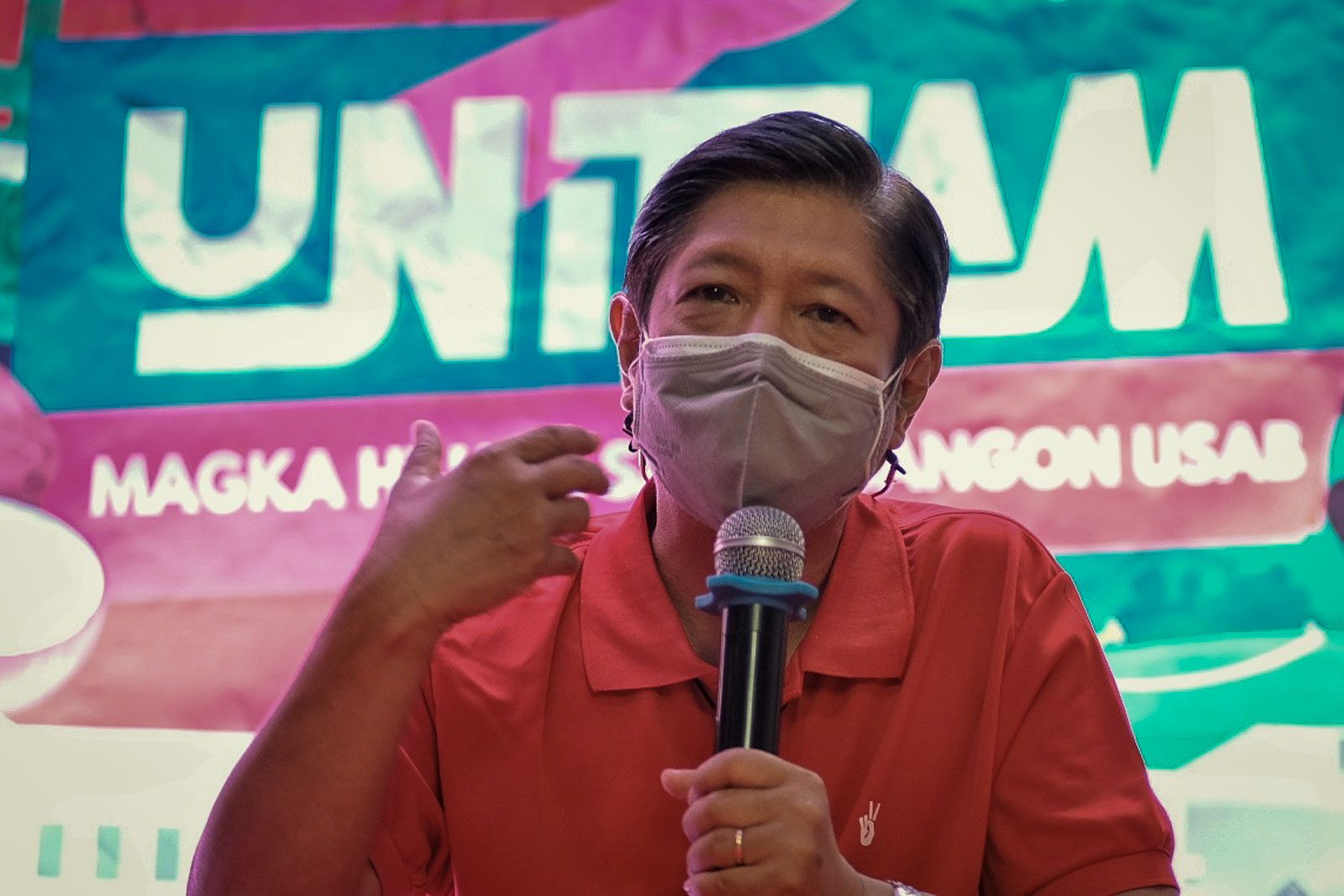

MANILA, Philippines – Presidential candidate Ferdinand “Bongbong” Marcos Jr. said on Tuesday, April 26, that the Philippine government has “done everything” to bring peace to Muslim Mindanao – an area that turned into killing fields during the dictatorship of Marcos’ father.
“I think we have made.. done everything we can do to bring peace to Muslim Mindanao, if there’s anything else that our Muslim brothers and sisters that the government needs to do, they have the mechanism under the transition committee to bring those issues to government,” said Marcos during a press conference in Cagayan de Oro on Tuesday where Uniteam held a rally.
Marcos as a senator was blamed for the delay of the Bangsamoro Basic Law (BBL) during the presidency of the late former president Benigno “Noynoy” Aquino III, and on Tuesday he insisted it was because the law back then had “unconstitutional parts.”
It was Aquino who signed the historic pact with the revolutionary group Moro Islamic Liberation Front (MILF) in 2012, when Marcos was a senator.
But what became the Bangsamoro Organic Law (BOL) was enacted only during the time of President Rodrigo Duterte. BOL created the now Bangsamoro Autonomous Region in Muslim Mindanao (BARMM), which has its own government apart from the regular provincial and city governments of the five provinces that compose the region.
“Matagal naming pinag-aralan dahil ang daming unconstitutional provisions, naayos naman nila. The BARMM is a so much better law than the proposed BBL. It is more inclusiove kasi lahat ng stakeholders ay nakonsulta,” said Marcos.
(We studied it for a long time because there were so many unconstitutional provisions, but they fixed it. The BARMM is a so much better law than the proposed BBL. It is more inclusive because all stakeholders were consulted.)
The question was from a local reporter who began to premise his question by saying that there were “not so good issues” with the Moros under the dictatorship, but Marcos cut him off to say “there were not some issues, there was a war.”
Referring to former rebel groups like the Moro National Liberation Front that was established to fight the late Marcos’ military attacks against Moros, the presidential bet said, “they went to war with the State…..ang Pilipino laban sa Pilipino rin at nagpapatayan (Filipinos went against Filipinos and killed each other), that is why the government had to defend itself.”
‘Lahat ay puwedeng pag-usapan’
During the dictatorship, several massacres were committed in the Western and Central Mindanao, but it was the Jabidah massacre that sparked the Moro revolution. Moro soldiers were trained for a special operation, but when they complained of not being paid and even demanded better living conditions, at least 23 were shot to death. To this day, the BARMM government cites the Jabidah massacre as what prompted Moro leaders to call for the independence of Mindanao.
Some also consider the poverty of the Moro-dominated provinces in Mindanao as a Marcos legacy.
But for Marcos’ supporters, these are just “paninira (detractions).” Some bloggers and columnists identified with the Marcos camp even deny that the Jabidah massacre occurred.
In March, during the commemoration of the 54th year since the Jabidah massacre, the BARMM Ministry of Public Order and Safety said they wanted to “thwart revision attempts on the true accounts of such tragedy [and] to pursue lasting peace in the Bangsamoro.”
The commemoration activities, the ministry said, is part of transitional justice.
But simply for Marcos, “siguro lahat na ay pwedeng pag-usapan, huwag lang mapunta sa putukan.” (Maybe we can talk about everything, just put down the guns.)
The MILF, which heads the BARMM, has endorsed Vice President Leni Robredo – the first time ever that the group is endorsing a presidential candidate.
Four out of the five provincial governors in BARMM, however, endorse Marcos.
– Rappler.com
Add a comment
How does this make you feel?
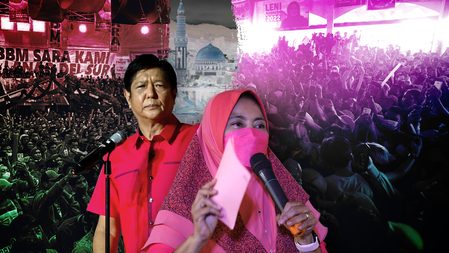
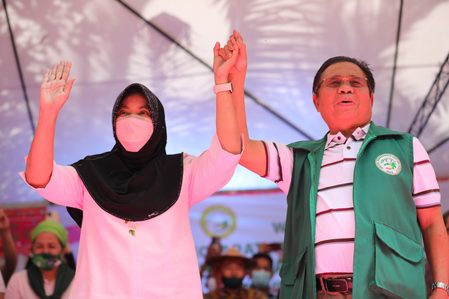
![[Newspoint] Improbable vote](https://www.rappler.com/tachyon/2023/03/Newspoint-improbable-vote-March-24-2023.jpg?resize=257%2C257&crop=339px%2C0px%2C720px%2C720px)
![[Newspoint] 19 million reasons](https://www.rappler.com/tachyon/2022/12/Newspoint-19-million-reasons-December-31-2022.jpg?resize=257%2C257&crop=181px%2C0px%2C900px%2C900px)
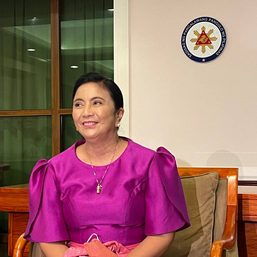


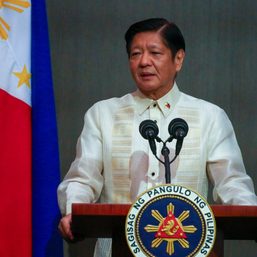
![[OPINION] A challenge to Marcos government and MILF](https://www.rappler.com/tachyon/2024/03/TL-Challenge-Marcos-MILF-March-25-2024.jpg?resize=257%2C257&crop_strategy=attention)
![[OPINION] Political parties must embody Bangsamoro people’s aspirations](https://www.rappler.com/tachyon/2024/03/imho-bangsamoro-embodiment-03212024.jpg?resize=257%2C257&crop_strategy=attention)
![[OPINION] A long and winding road to peace in Bangsamoro](https://www.rappler.com/tachyon/2023/05/TL-Long-winding-road-peace-bangsomoro-May-6-2023.jpg?resize=257%2C257&crop=281px%2C0px%2C720px%2C720px)
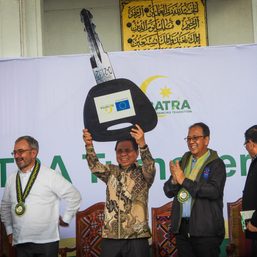
![[In This Economy] Marcos’ POGO ban is popular, but will it work?](https://www.rappler.com/tachyon/2024/07/thought-leaders-marcos-pogo-ban.jpg?resize=257%2C257&crop=255px%2C0px%2C720px%2C720px)
![[Rappler Investigates] POGOs no-go as Typhoon Carina exits](https://www.rappler.com/tachyon/2024/07/newsletter-graphics-carina-pogo.jpg?resize=257%2C257&crop=424px%2C0px%2C1080px%2C1080px)



![[Newsstand] Time to negotiate peace again with the CPP-NPA](https://www.rappler.com/tachyon/2024/05/negotiate-peace-again-may-10-2024.jpg?resize=257%2C257&crop_strategy=attention)
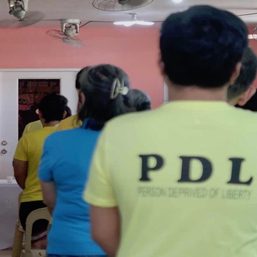
![[OPINION] The CPP-NPA’s 3rd Rectification Movement is bad news to the peace process](https://www.rappler.com/tachyon/2024/01/tl-cpp-npa-peace-talk-rectification.jpg?resize=257%2C257&crop=366px%2C0px%2C1080px%2C1080px)
![[WATCH] In the Public Square with John Nery: 10 years of peace, recommitting to the Bangsamoro peace process](https://www.rappler.com/tachyon/2024/01/Episode-62-In-the-Public-Square-LS.jpg?resize=257%2C257&crop=395px%2C0px%2C1080px%2C1080px)
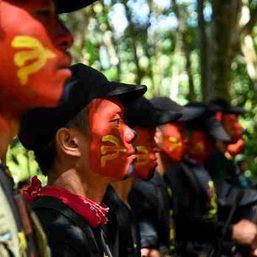
There are no comments yet. Add your comment to start the conversation.